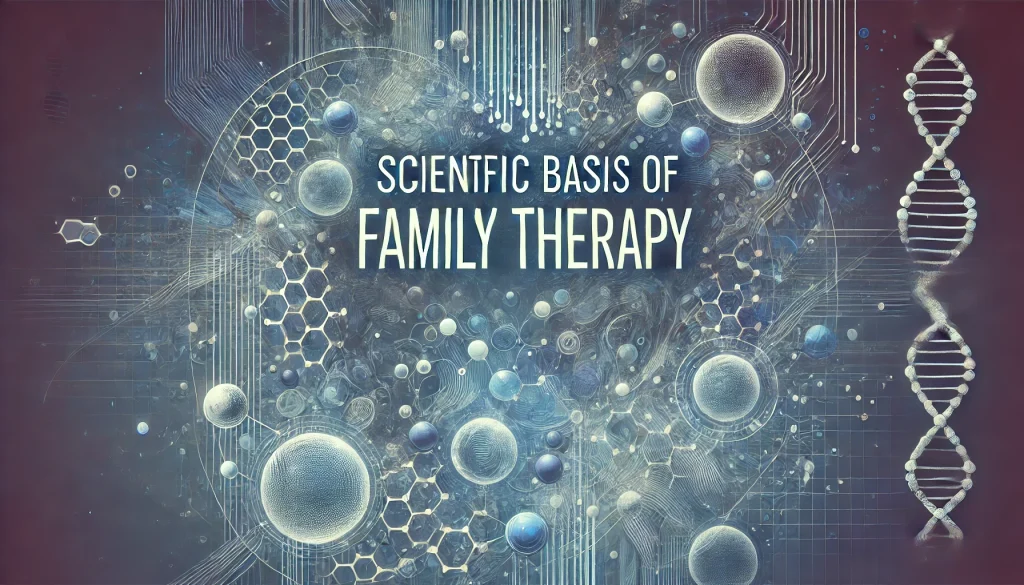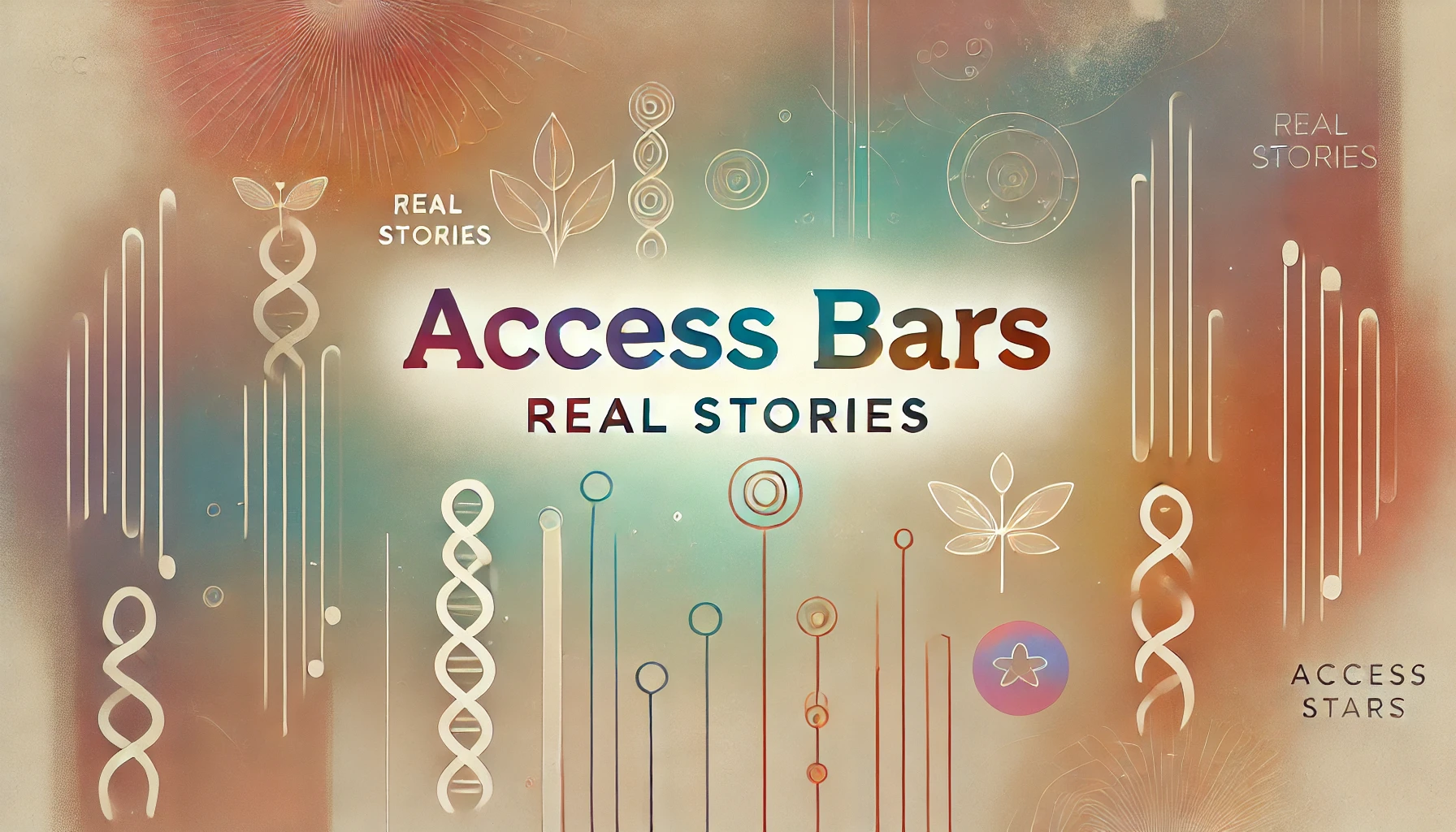Family Constellations Therapy, developed by Bert Hellinger, is a therapeutic method that has gained attention for its unique approach to addressing hidden dynamics within family systems. While its effectiveness is widely reported by practitioners and participants, there is also a growing body of research that seeks to explore the scientific basis and evidence supporting this therapy. This article will examine the scientific foundations of Family Constellations Therapy, review key studies, and discuss the implications of these findings for the therapy’s credibility and effectiveness.

Understanding Family Constellations Therapy
What is Family Constellations Therapy?
Family Constellations Therapy is a therapeutic approach that aims to uncover and resolve hidden dynamics within family systems that may contribute to an individual’s psychological or emotional difficulties. The therapy involves the use of representatives, either people or objects, to represent family members or key elements of a situation. Through the process of “constellating” the family system, the therapy reveals unresolved issues and offers opportunities for healing and resolution.
The Role of Phenomenology in Family Constellations
One of the key philosophical underpinnings of Family Constellations Therapy is phenomenology, a branch of philosophy that emphasizes the importance of direct experience and the lived reality of individuals. In the context of Family Constellations Therapy, phenomenology guides the practice by encouraging participants to focus on their immediate experiences and the dynamics that emerge during the constellation process. This experiential approach is central to the therapy’s effectiveness, as it allows for the direct observation and resolution of issues within the family system.
Research on Family Constellations Therapy
Early Studies and Observational Research
The early research on Family Constellations Therapy primarily consisted of observational studies and case reports, which documented the experiences of participants and practitioners. These studies often highlighted the profound emotional and psychological shifts that occurred during and after therapy sessions. While these early studies provided valuable insights into the therapy’s potential, they were largely qualitative and anecdotal, making it difficult to draw definitive conclusions about the therapy’s effectiveness.
Quantitative Research and Clinical Trials
In recent years, there has been a growing interest in conducting quantitative research and clinical trials to evaluate the effectiveness of Family Constellations Therapy. Some of the key areas of focus for this research include:
- Mental Health Outcomes: Several studies have examined the impact of Family Constellations Therapy on mental health outcomes, such as anxiety, depression, and stress. These studies often use standardized measures, such as the Beck Depression Inventory (BDI) or the State-Trait Anxiety Inventory (STAI), to assess changes in participants’ symptoms before and after therapy.
- Relationship Dynamics: Another area of research has explored the effects of Family Constellations Therapy on relationship dynamics, particularly within families. These studies often involve pre- and post-intervention assessments of relationship satisfaction, communication patterns, and conflict resolution skills.
- Long-Term Effects: Some researchers have also investigated the long-term effects of Family Constellations Therapy, examining whether the benefits of the therapy are sustained over time. These studies often involve follow-up assessments conducted several months or even years after the initial therapy sessions.
Key Findings from Research
The research on Family Constellations Therapy has yielded several key findings that support its effectiveness:
- Reduction in Symptoms: Multiple studies have reported significant reductions in symptoms of anxiety, depression, and stress following participation in Family Constellations Therapy. These improvements are often attributed to the therapy’s ability to address unresolved emotional issues and restore balance within the family system.
- Improved Relationships: Research has also shown that Family Constellations Therapy can lead to improvements in relationship satisfaction, communication, and conflict resolution. Participants often report feeling more connected to their family members and better equipped to navigate interpersonal challenges.
- Sustained Benefits: Several studies have found that the benefits of Family Constellations Therapy are sustained over time, with participants reporting lasting improvements in their mental health and relationships. This suggests that the therapy may have a long-term impact on individuals’ well-being.
Challenges and Criticisms
Despite the positive findings, there are also challenges and criticisms associated with the research on Family Constellations Therapy. Some of the key issues include:
- Lack of Randomized Controlled Trials (RCTs): While there is a growing body of research on Family Constellations Therapy, there is still a relative lack of randomized controlled trials (RCTs), which are considered the gold standard in clinical research. The absence of RCTs makes it difficult to definitively establish the therapy’s effectiveness compared to other therapeutic approaches.
- Subjectivity and Phenomenology: The phenomenological nature of Family Constellations Therapy, which emphasizes individual experience and perception, can be difficult to measure objectively. This has led some critics to question the scientific rigor of studies on the therapy.
- Variability in Practice: Family Constellations Therapy is practiced in various ways by different practitioners, which can lead to variability in outcomes. This variability makes it challenging to standardize the therapy for research purposes and to draw generalizable conclusions.
The Future of Research on Family Constellations Therapy
Advancing the Evidence Base
To address the challenges and criticisms associated with the research on Family Constellations Therapy, there is a need for more rigorous and standardized studies. Future research could focus on conducting randomized controlled trials (RCTs) with larger sample sizes to provide more definitive evidence of the therapy’s effectiveness. Additionally, researchers could explore the use of mixed-methods approaches, combining quantitative and qualitative data to capture the full range of experiences and outcomes associated with the therapy.
Exploring New Applications
As the evidence base for Family Constellations Therapy continues to grow, there is also an opportunity to explore new applications of the therapy. For example, researchers could investigate the use of Family Constellations Therapy in specific populations, such as individuals with chronic illness, trauma survivors, or those experiencing complex grief. These studies could help to expand the therapy’s reach and demonstrate its versatility in addressing a wide range of issues.
Conclusion
Family Constellations Therapy is a unique and powerful therapeutic approach that has shown promise in addressing a variety of mental health and relationship issues. While the research on the therapy is still evolving, the existing evidence supports its effectiveness in reducing symptoms, improving relationships, and providing lasting benefits. As the scientific community continues to explore and refine the evidence base for Family Constellations Therapy, it is likely that this approach will gain further recognition and acceptance within the broader field of psychotherapy.


